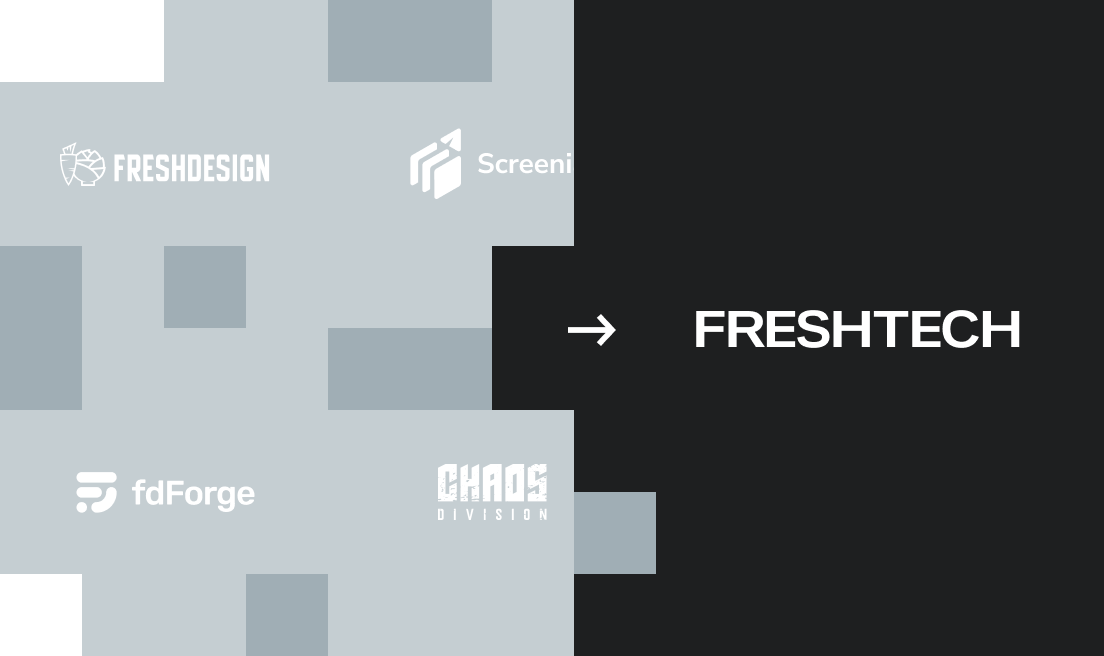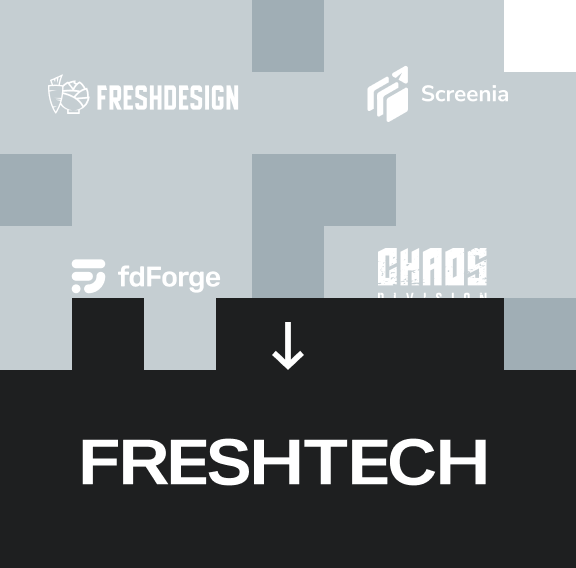Understanding the business problem
This is one of the most important moments in the development process - we believe that all participants: the design team, developers, and the testing team must understand the business problem that the project we are working on solves. It is also essential to understand the target audience, who exactly will use the project. Understanding these factors allows to avoid mistakes in development, for example, if you know who will use a certain report, a developer can understand in what format it must be created. Besides, this approach allows everyone involved in the process to offer new ideas for improving the system, regardless of whether it is in their list of responsibilities because everyone understands what they are doing this or that functionality for, everyone gets much more involved in the work on the project.

Communication with the client
Communication between the development team and the client is crucial for most of our projects. If possible, we try to organize a "live" meeting in our office, so the client could see the team, and the team, in turn, could see who we are doing a project for.
In addition to mandatory moments, such as communication of business analyst with the client during the preparation of primary documentation on the project, we began to involve the design team at the stage of protection of visual materials on the project, the developers at the stage of the client demo and QA-specialists at the stage of training the client team to work with the system. As a result, the client understands who is solving his problem, and the development team becomes much more involved in the project.
Statuses and meetings

- Daily team status - standard 10 minutes in the morning - who in the team is busy with what.
- Weekly company status - a general meeting where team leaders (and sometimes members) share what interesting cases they have encountered or plan to work on in the current week. This approach significantly increases the level of reuse of team decisions and reduces the time required to implement some functionality; there is an understanding of which colleagues can be approached for advice;
- Teamleaders' meetings - discussion among technical team leaders of general plans of internal product development, standardization of some solutions and development tools.
- Project kickoff meeting - a meeting that starts the team's work on the project. This meeting brings together all participants of the future project - UI/UX specialists, business analysts, development team, QA specialists and all of them can ask any questions related to the project - from the point of view of its technical implementation, but more importantly, learn everything that is needed about its business component. These meetings allow each of the participants to understand why they are doing a particular feature of the project. Understanding "Why?" is probably one of the most important factors of success and quality work;
- Retrospective of the project - we will talk about it in more details.
Retrospectives - what has been done and what should have been done
An extremely important step in working on a project is to analyze the results of the work performed. Upon completion of each project, we conduct a retrospective, gathering all project participants and discussing what we did well, where mistakes were made, and how to avoid them in the future.
The retrospective - is a separate ceremony, for which there are many ready-made scenarios. Project analysis helps us to improve our system, on which we build all our developments - fdForge, supplementing it with functionality that is lacking in projects, as well as to accumulate collective experience. all results are recorded and when starting a new project a common list of positive and negative experiences from previous similar cases is analyzed.

Protection of work results
Protection of a certain stage of work inside the company was a very important step which has greatly influenced the quality of the result, so, when submitting a design-mockup UI- team makes an internal presentation of their work to Front-end developers and business-analyst of the project, telling about the decisions made, finalizing all the agreements on the mechanics of the realization of certain moments. Specialists who accept the work and will be involved in it from their side can point out the deficiencies or missing elements for the acceptance of the work.
This approach has allowed us to:
- Improve the quality of materials delivered - the team had a better sense of responsibility and understood that it would need to explain the decisions made;
- Improve communication in the team - specialists from different areas began to communicate more, discussing in addition to the project and the issues that can be improved in general during the development process;
- To bring new ideas into projects - in the process of defense, the teams had another chance to propose some improvements to the project (within the timeline and budget), which could affect the final result;
- Remove misunderstandings and internal dissatisfaction of participants from the process - misunderstandings, excuses, and hidden grudges disappeared
The above items are largely basic, but they allow us to provide high-quality projects for our customers and partners, as well as train and develop our team, making the work on each new project the most interesting and at the same time effective. .
We hope that this information will help you to optimize your own projects!


